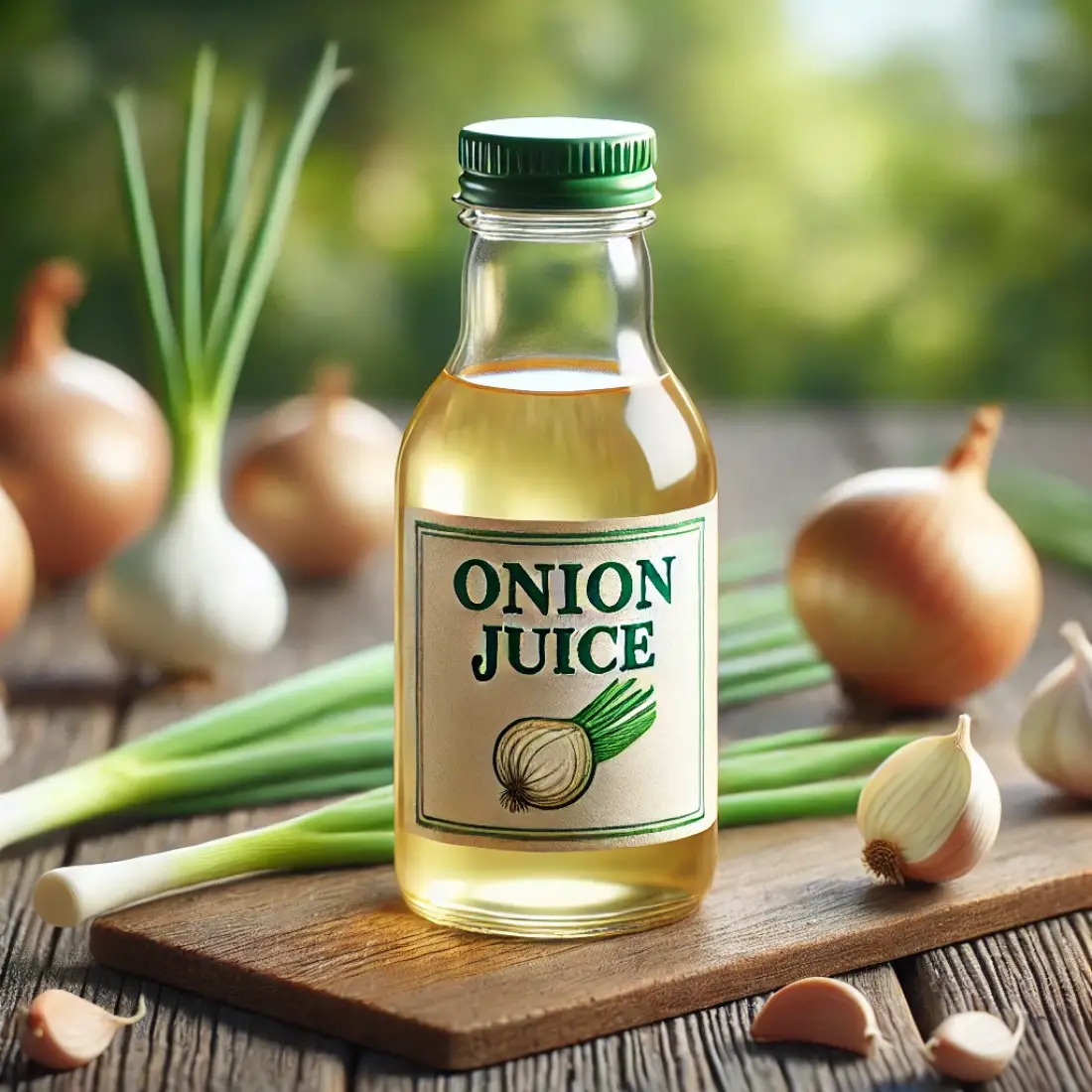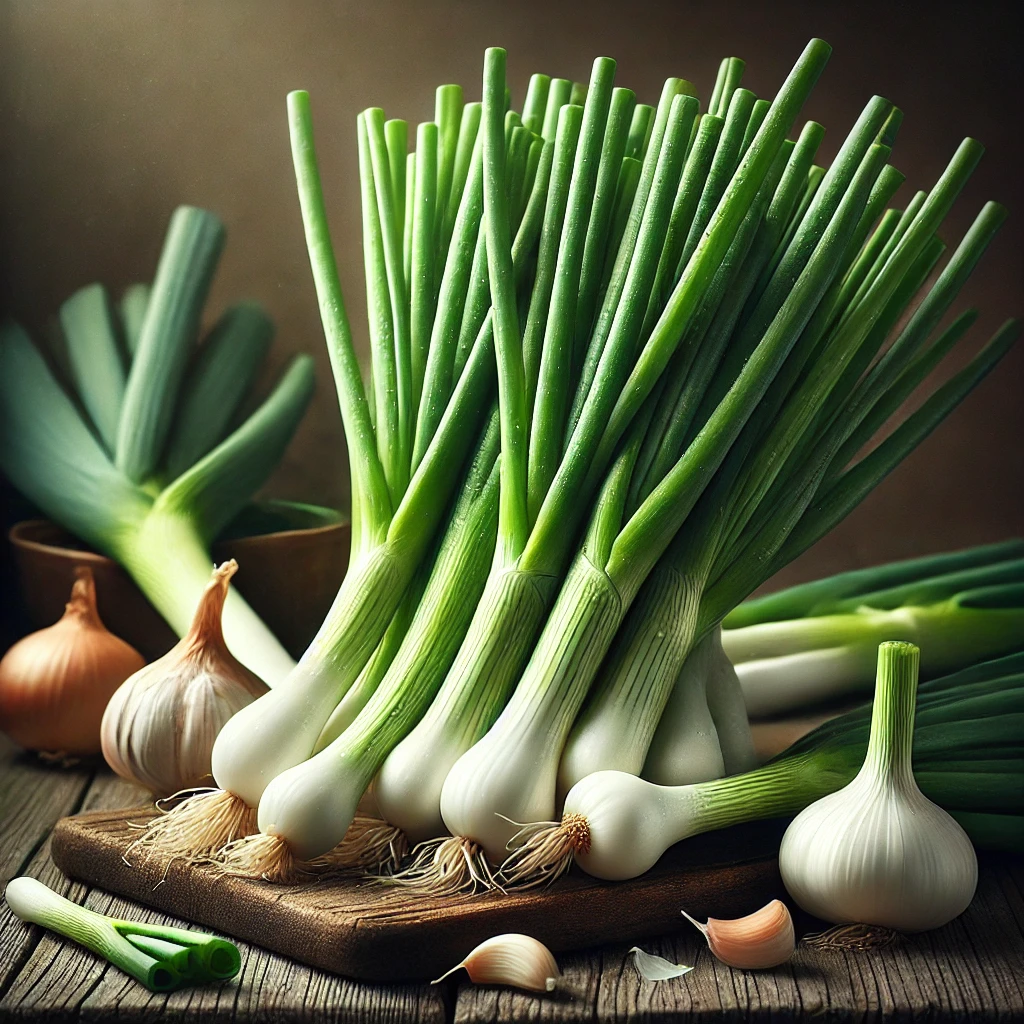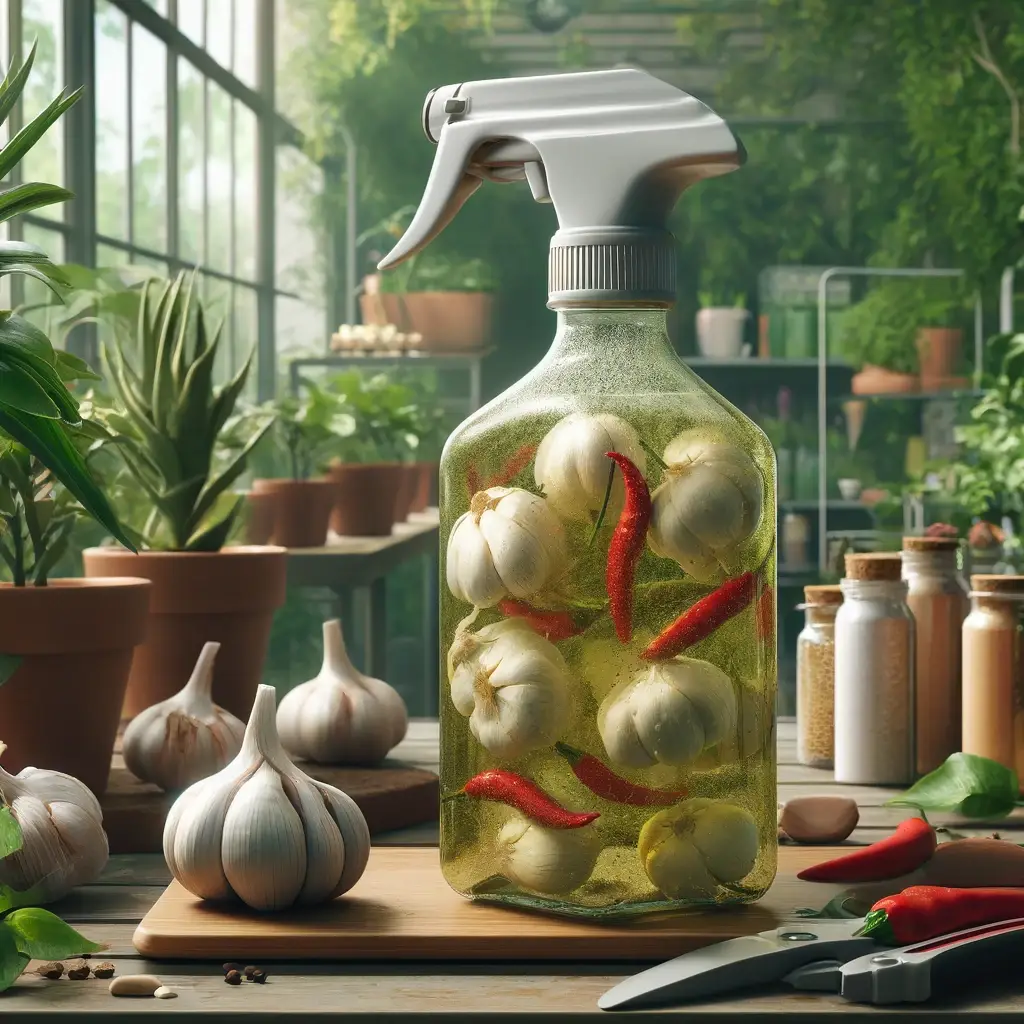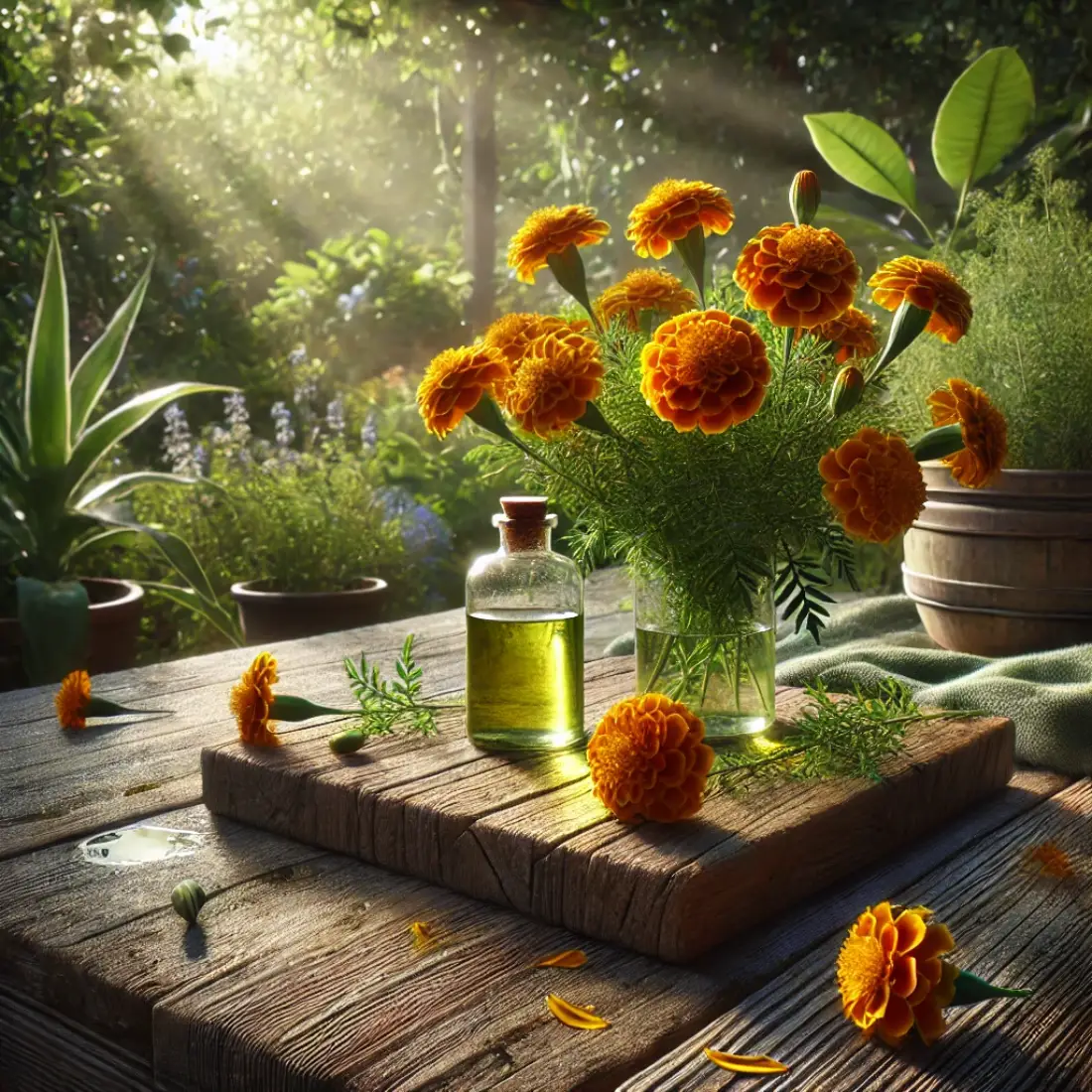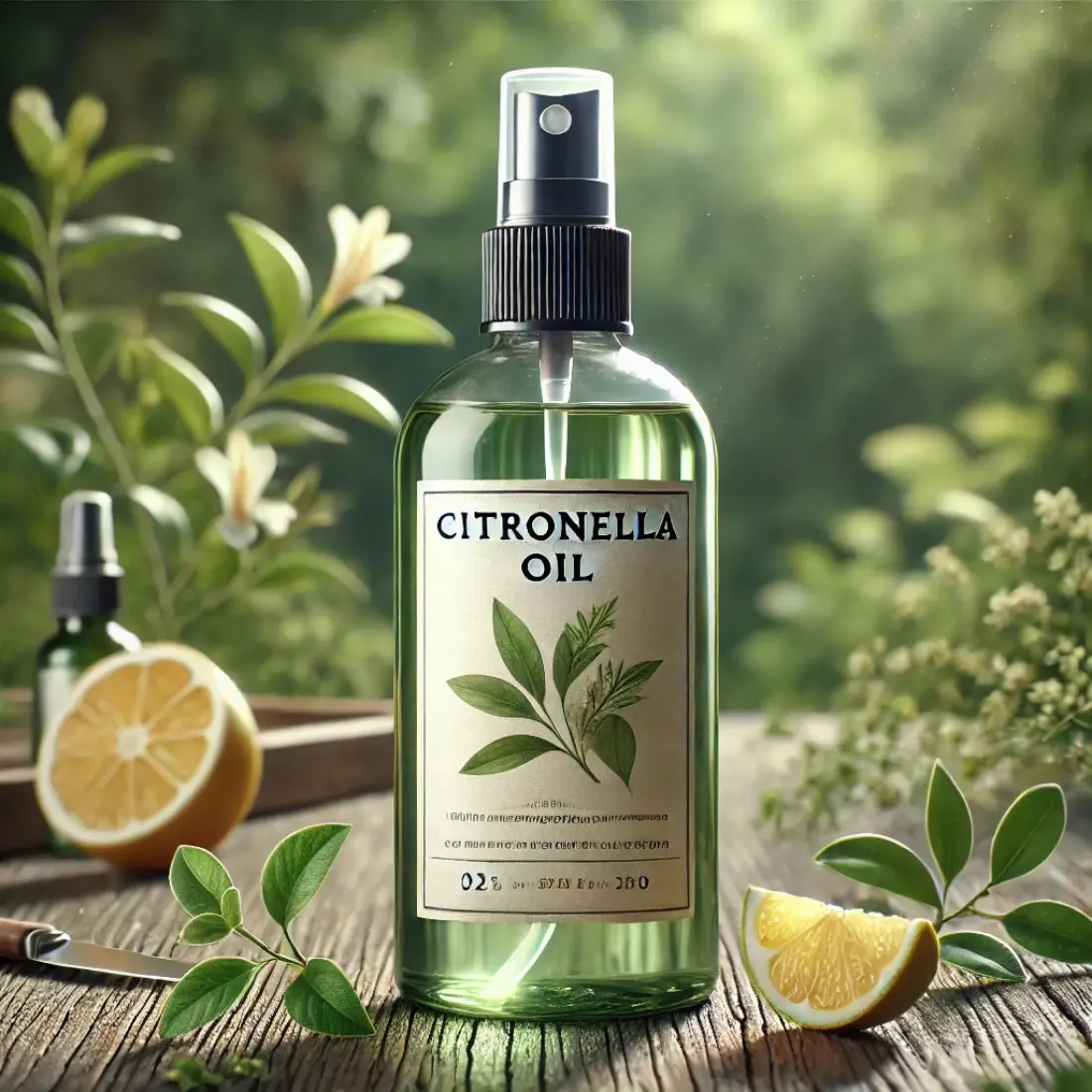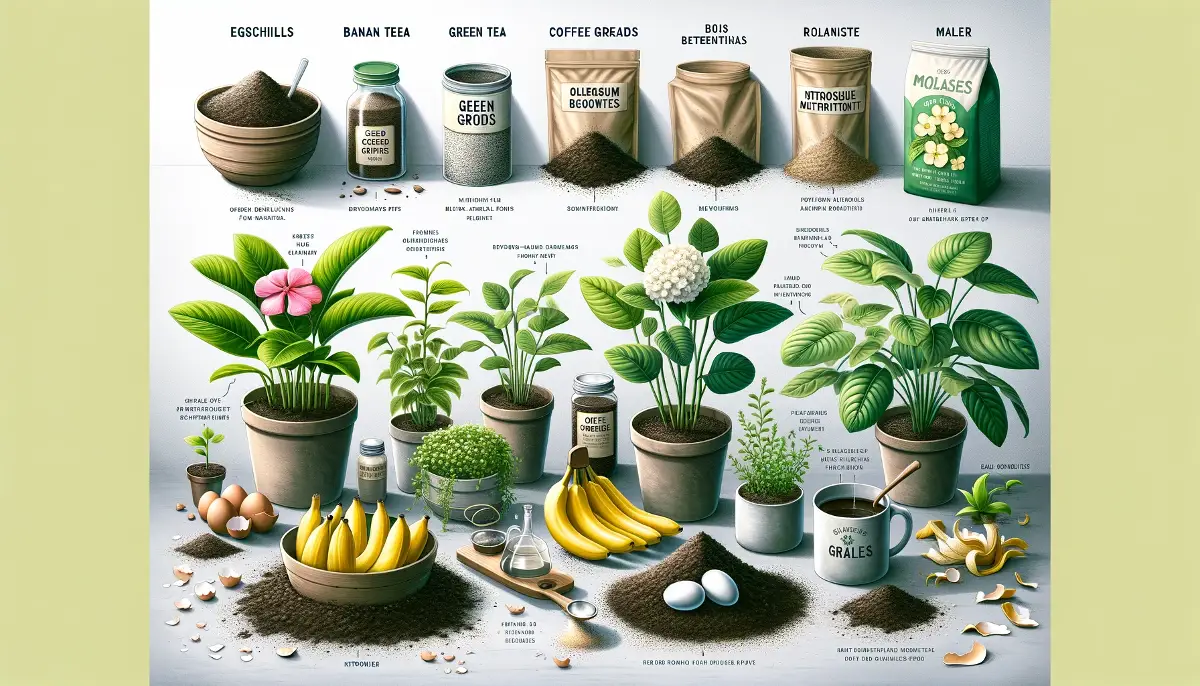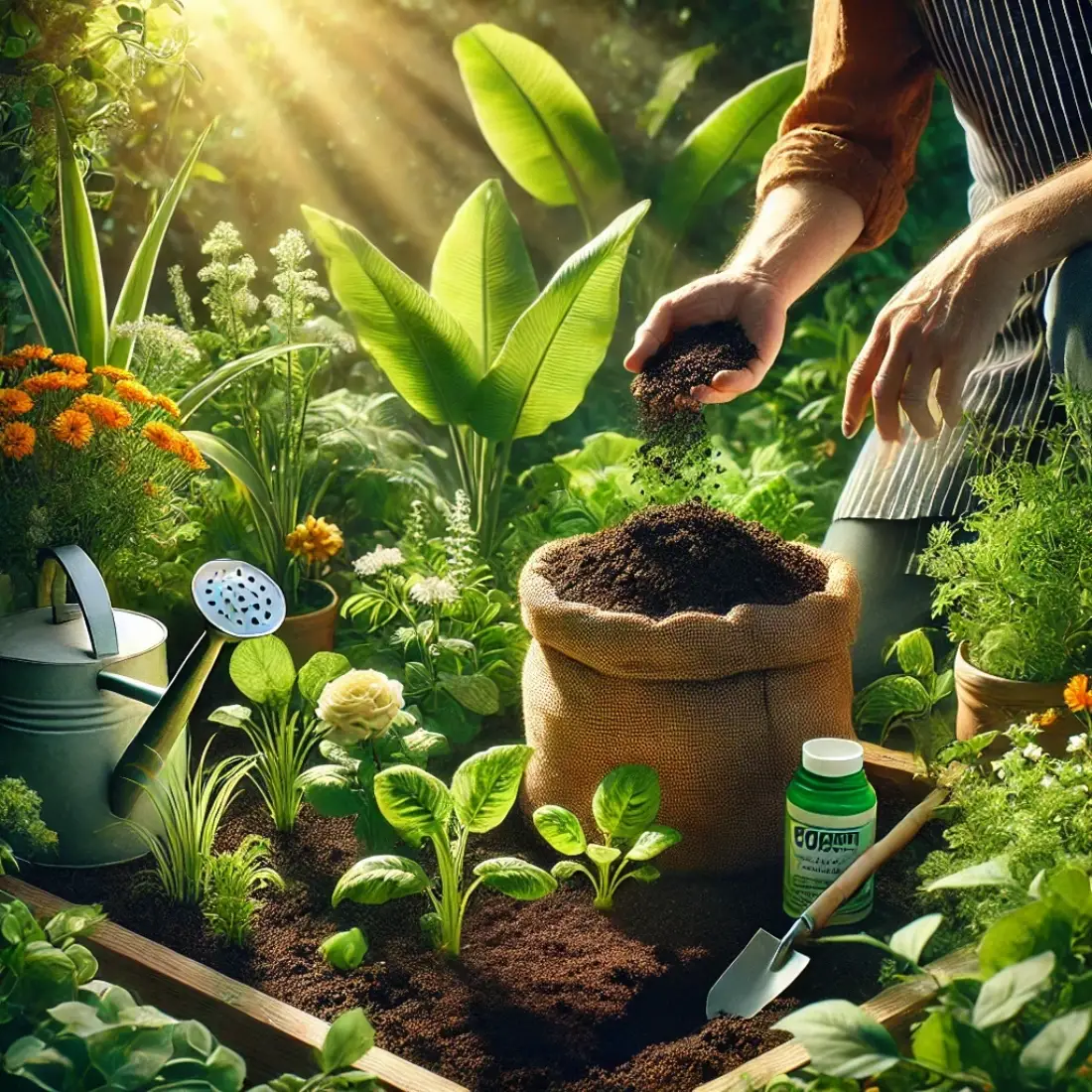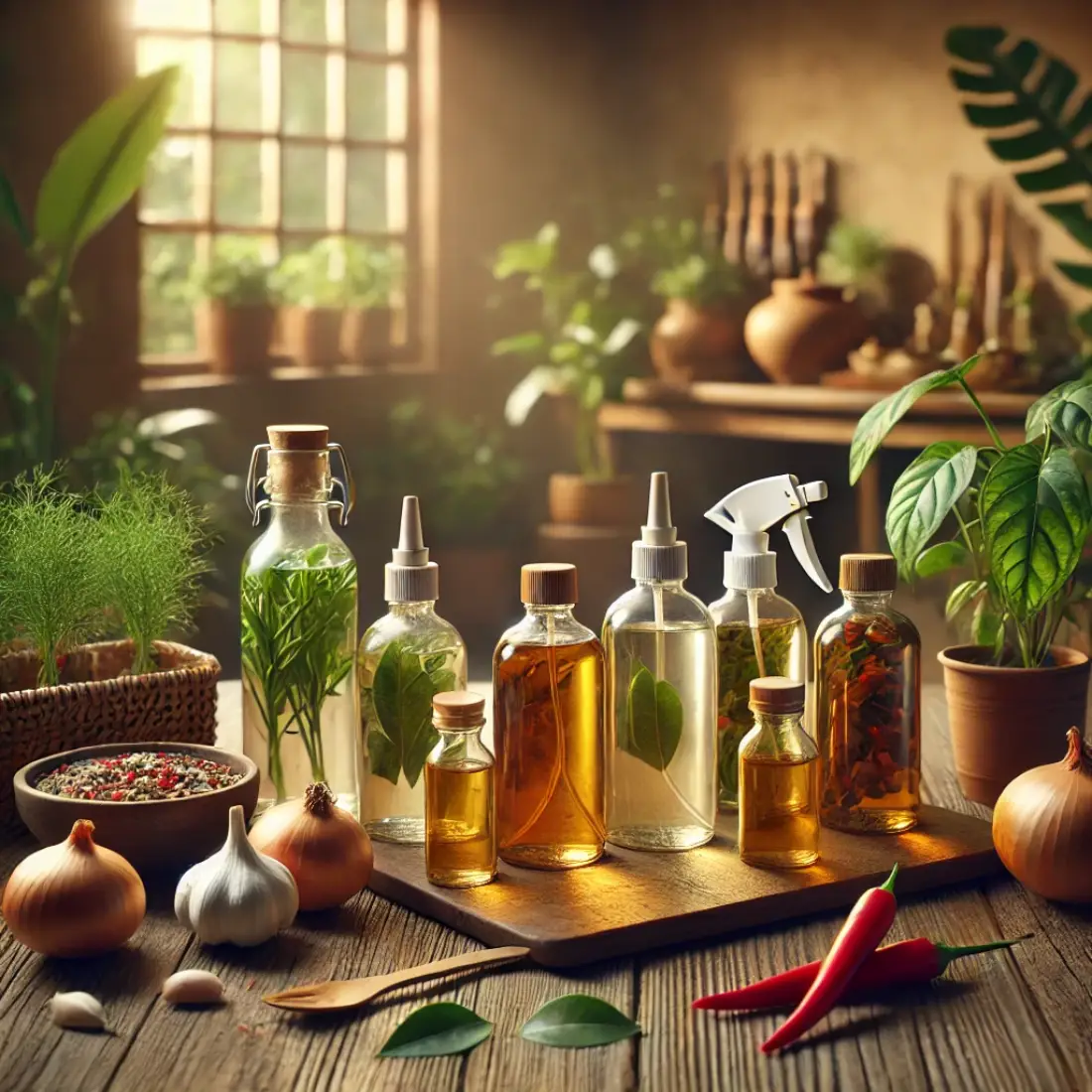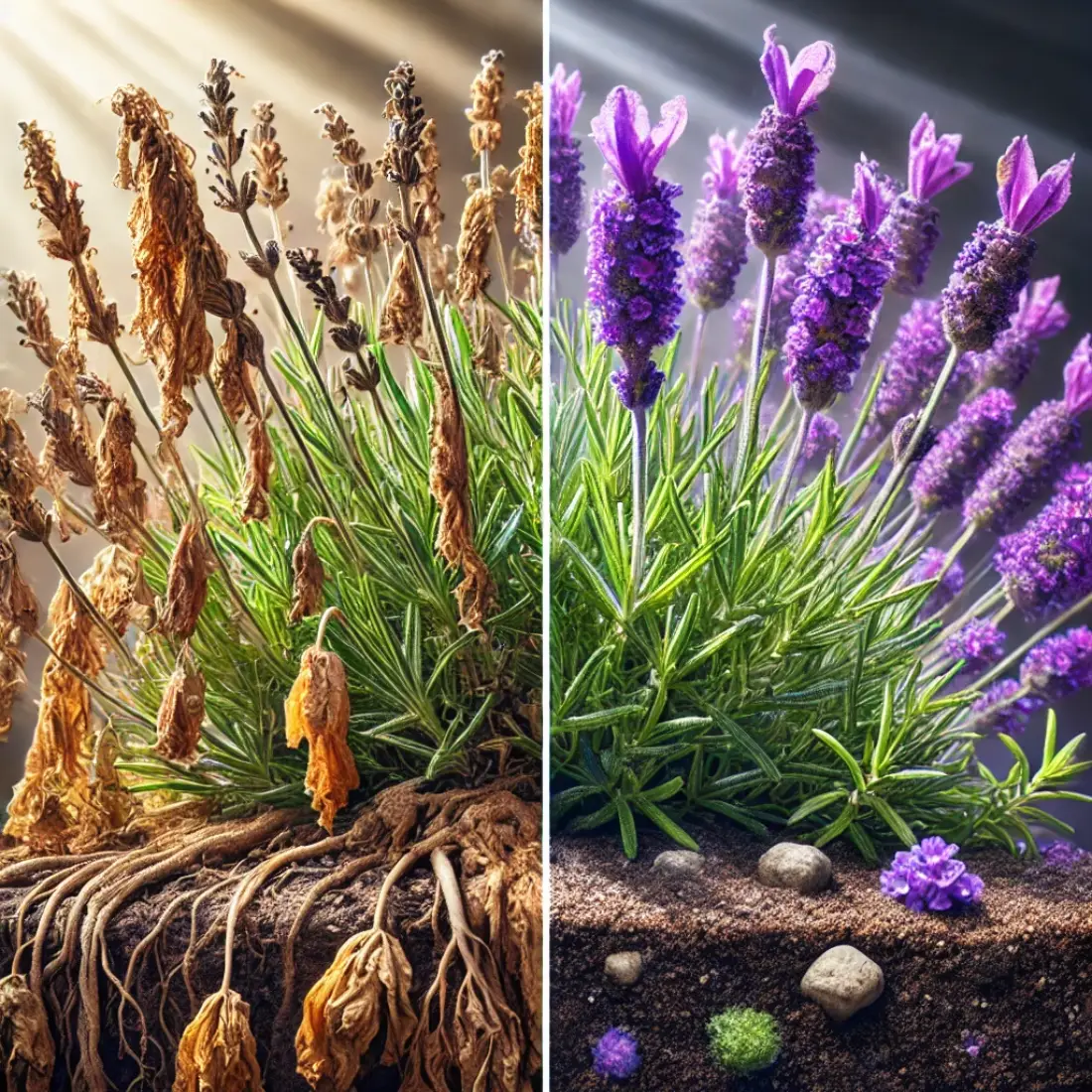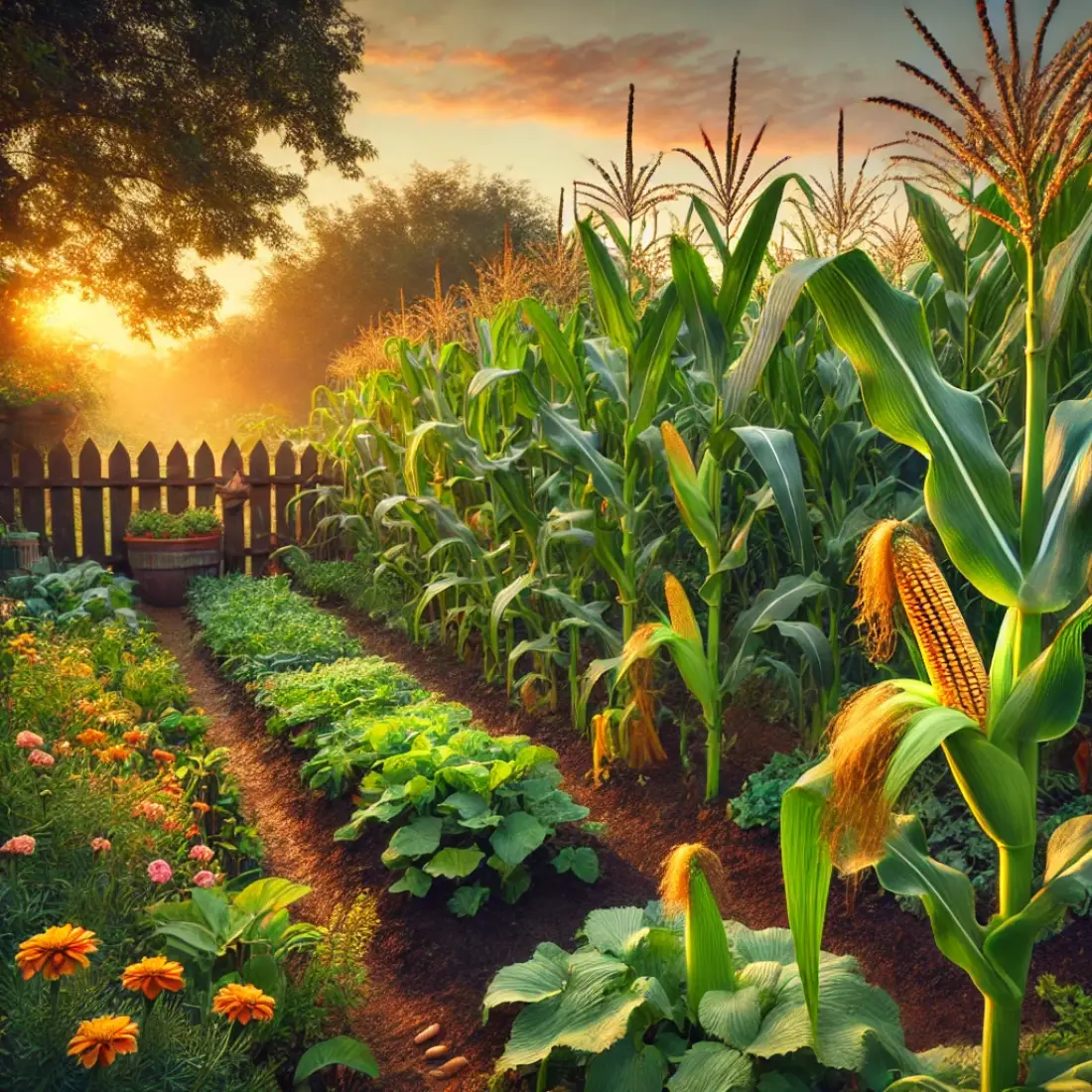Onion juice is becoming a go-to solution for organic gardeners looking for natural ways to maintain healthy plants and a thriving garden ecosystem. Rich in sulfur compounds like allicin, onion juice offers a potent, chemical-free alternative for tackling common gardening challenges.
Whether it’s deterring pests like aphids and caterpillars, enhancing soil fertility, or preventing plant diseases, onion juice has proven to be an effective multipurpose remedy. By incorporating this simple yet powerful ingredient into your gardening routine, you can protect your plants from harm and boost their growth without relying on synthetic chemicals.
Easy to prepare at home, onion juice is a sustainable choice for gardeners committed to organic practices.
- Onion juice is a versatile, natural solution for organic gardening, offering benefits like pest control, fertilization, and disease prevention.
- The sulfur compounds in onion juice, such as allicin, are effective in repelling pests like aphids, caterpillars, and slugs.
- It can be used as a fertilizer to enhance soil health and promote stronger plant growth.
- DIY onion juice is easy to prepare, making it an accessible option for gardeners committed to organic practices.
- Regular use of onion juice helps prevent common plant diseases thanks to its antifungal and antibacterial properties.
- When combined with other natural remedies like neem oil or garlic, onion juice can create an even more powerful solution for garden care.
- Proper application and dilution are important to avoid potential risks like plant burn and to ensure a balanced garden ecosystem.
DIY Onion Juice: How to Prepare It for Your Garden
Preparing onion juice at home for your garden is simple and requires just a few ingredients and tools. Follow these steps to create an effective, natural solution that can be used for pest control, fertilization, and disease prevention in your organic garden.
Ingredients and Tools Needed
- Onions (3-4 large, preferably organic)
- Water (2-3 cups)
- Blender or food processor
- Cheesecloth or fine strainer
- Spray bottle or watering can
- Optional: Garlic or cayenne pepper for enhanced potency
Step-by-Step Preparation
- Peel and Chop the Onions: Start by peeling 3-4 large onions. Chop them into small pieces to make blending easier.
- Blend the Onions: Place the chopped onions into a blender or food processor. Add 2-3 cups of water to help liquefy the onions. Blend until you achieve a smooth, pulpy consistency.
- Strain the Mixture: Pour the onion blend through a cheesecloth or fine strainer into a bowl. This will separate the juice from the pulp. Squeeze the cheesecloth or press the strainer to extract as much juice as possible.
- Optional Enhancements: For extra potency, consider adding a few cloves of garlic or a teaspoon of cayenne pepper to the blend before straining. These ingredients can enhance the pest-repelling properties of the onion juice.
- Dilute the Juice: Depending on the intended use, dilute the onion juice with additional water. A common ratio is 1 part onion juice to 2 parts water. This helps prevent plant burn and makes the solution easier to apply.
- Transfer to Spray Bottle: Pour the diluted onion juice into a spray bottle or watering can for easy application. Ensure the container is clean to avoid contamination.
Storage and Usage Tips
- Store any unused onion juice in the refrigerator for up to a week.
- Shake well before each use to ensure even distribution of the active ingredients.
- Apply the juice in the early morning or late afternoon to avoid scorching the plants under direct sunlight.
DIY Onion Juice Mixtures: Enhancing Effectiveness
To boost the effectiveness of onion juice in your organic garden, consider combining it with other natural ingredients that complement its properties. These mixtures can help tackle more stubborn pests, improve plant health, and provide a more comprehensive solution for your gardening needs.
Onion Juice and Garlic
- Ingredients: 3 large onions, 5 garlic cloves, 4 cups water.
- Preparation: Blend the onions and garlic with water until smooth. Strain the mixture to extract the juice. This combination enhances the antibacterial and antifungal properties, making it more effective against pests like aphids and fungal infections.
- Application: Dilute with water (1:2 ratio) and apply to plants weekly.
Onion Juice and Cayenne Pepper
- Ingredients: 3 large onions, 1 teaspoon cayenne pepper, 3 cups water.
- Preparation: Blend onions with water and strain. Stir in cayenne pepper. This mixture is potent for repelling a broader range of pests, including slugs and caterpillars.
- Application: Spray directly on affected plants. Use caution with sensitive plants; test a small area first.
Onion Juice and Neem Oil
- Ingredients: 3 large onions, 2 tablespoons neem oil, 4 cups water.
- Preparation: Prepare the onion juice and mix with neem oil. This combination provides enhanced pest control and also works as a preventive measure against plant diseases.
- Application: Apply every 10-14 days for best results.
Application Tips
Using Onion Juice as a Natural Pest Repellent: To use it, simply spray diluted onion juice (1 part onion juice to 2 parts water) directly onto affected plants, focusing on the undersides of leaves where pests often hide. Reapply every 7-10 days or after rain for ongoing protection. This natural method is safe for your plants and the environment, making it ideal for organic gardening.
Onion Juice as a Fertilizer: Enhancing Soil Health: To use it as a fertilizer, dilute the onion juice (1 part onion juice to 3 parts water) and apply it to the soil around your plants. This boosts nutrient availability, enhances microbial activity, and strengthens plant roots. Regular use can lead to healthier, more productive plants, making onion juice a valuable addition to any organic garden.
Onion Juice for Disease Prevention: To use onion juice for disease prevention, dilute it (1 part onion juice to 2 parts water) and spray it on your plants, focusing on leaves and stems. Regular application every 7-10 days can create a protective barrier, reducing the risk of infections. This natural solution is ideal for organic gardeners looking to keep their plants healthy without synthetic chemicals.
Precautions and Considerations When Using Onion Juice
When using onion juice in your garden, it’s important to take a few precautions. Always dilute the juice (typically 1 part onion juice to 2 parts water) to avoid burning plants, especially sensitive ones. Test the mixture on a small area first to ensure no adverse reactions.
Apply the juice in the early morning or late afternoon to prevent sunscald. Avoid overuse, as it may disrupt the garden’s natural balance and affect beneficial insects. Proper storage in the refrigerator is recommended, and discard any mixture older than a week.
FAQs About Using Onion Juice in Organic Gardening
How often should I apply onion juice to my garden?
Apply onion juice every 7-10 days for best results. Reapply after heavy rainfall to maintain its effectiveness.
Can onion juice harm my plants?
If used in excessive concentration, onion juice can burn plants. Always dilute it (1 part onion juice to 2 parts water) and test on a small area first.
Is onion juice safe for all types of plants?
Onion juice is generally safe, but sensitive plants might react differently. Test on a small section before applying widely.
Does onion juice repel beneficial insects?
Onion juice mainly targets pests, but it could potentially repel beneficial insects too. Apply carefully and avoid spraying near areas frequented by pollinators.
Can I mix onion juice with other natural remedies?
Yes, onion juice can be mixed with other natural remedies like garlic or neem oil to enhance its effectiveness against pests and diseases.
What pests does onion juice repel?
Onion juice is effective against aphids, caterpillars, slugs, and other common garden pests.
How do I store leftover onion juice?
Store any unused onion juice in the refrigerator in a sealed container. Use it within a week for best results.
Will onion juice prevent fungal infections on plants?
Yes, the antifungal properties of onion juice can help prevent fungal infections like powdery mildew when applied regularly.
Can onion juice be used as a fertilizer?
Yes, diluted onion juice can enhance soil health and promote plant growth by providing essential nutrients like sulfur.
What should I do if onion juice irritates my skin?
If onion juice irritates your skin, wash the area with soap and water immediately. Wear gloves when preparing and applying it to avoid contact.

